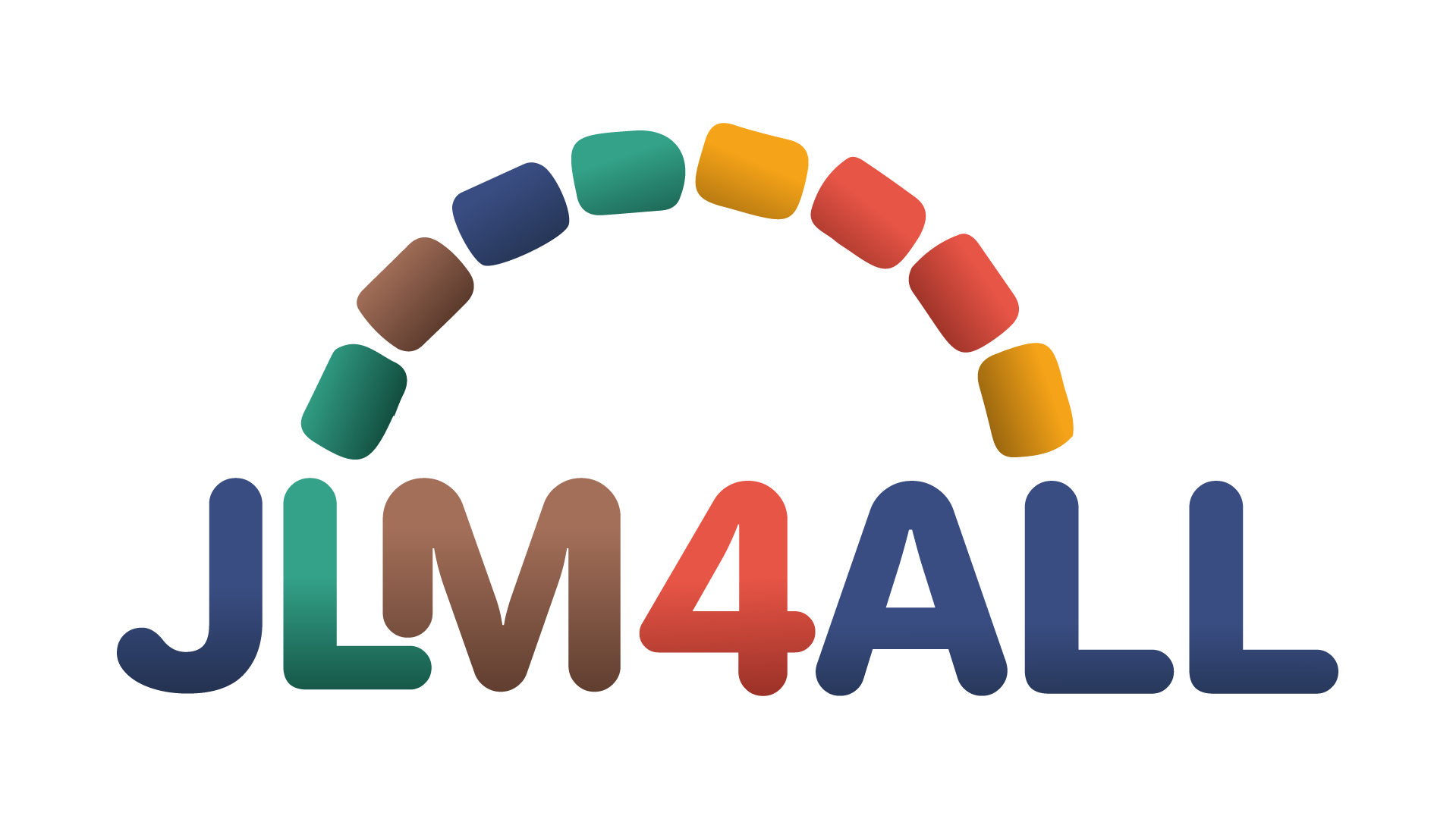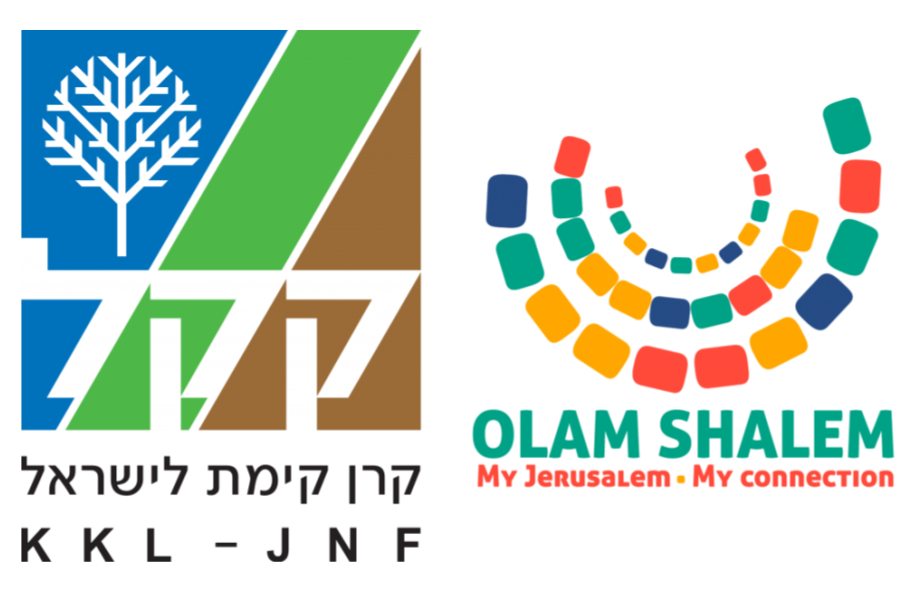The activity leader will present the following situation to the participants:
The year is 1949 and you are part of a committee in the Israeli Knesset. You are just after a difficult war, which was fought for the independence of your young country, in which you lost many friends and soldiers.
You want to decide on a Memorial Day for the fallen soldiers.
You are sitting with a Hebrew calendar in front of you, trying to find a suitable date.
One suggestion was to choose Lag B’Omer, another was to choose a random day in the middle of the winter.
Suddenly, one of the members suggests setting the date close to Independence Day- the day before.
All the people sitting in the room- among them bereaved parents and siblings- are taken aback by the suggestion. What do you think?
Split the group of participants into two groups.
One group has to argue that the closeness of Memorial Day and Independence Day is the right move and the other group should argue that it is not.
There will be one representative from each group who will present the groups’ arguments and we will switch the representatives every 2-3 minutes so that as many participants as possible can express their opinion.
Methodical Suggestion: Place a table at the front of the room, with a flag of Israel displayed on it. There should be two chairs next to the table and ask each debater to present their view as if s/he were giving an important speech in a court discussion.
At the beginning of, or during, the debate ask two participants to read the sections in “bereaved families talking about the closeness of the days”. The participants can use them as a basis for additional arguments.
At the end of the discussion, hold a vote between participants regarding which side succeeded in persuading them and whether the closeness of the two days is correct, in their opinion.
The leader should ask the participants about their feelings during the discussion and process, together with them, the arguments raised by both sides.

